
Microsoft moves your Office to the cloud
There's a reason CEO Steve Ballmer unveiled Office 2013 early this afternoon. Microsoft's productivity suite has a new face, so to speak. His presence communicates the company's commitment, particularly to businesses -- many of which are gun shy to big changes. The new version really isn't about applications after all but the cloud. Sure, the new suite is finger-licking good, however, it's what Microsoft offers beyond the device that matters more. The software giant is in process of completely reinventing Office for the cloud-connected device era.
The new Office is just that -- a new office for you to do you work. Your new cubicle is outdoors, or anywhere you want to be. In this new workplace Microsoft wants you to pay differently, too, by pushing subscriptions instead of your paying once for perpetual licenses. Ballmer and Co. prefers to collect monthly fees, just like your cable provider. Subscription computing is the Holy Grail sought by Microsoft since the 1990s and something of a pseudo-achievement a decade ago with business annuity license contracts.
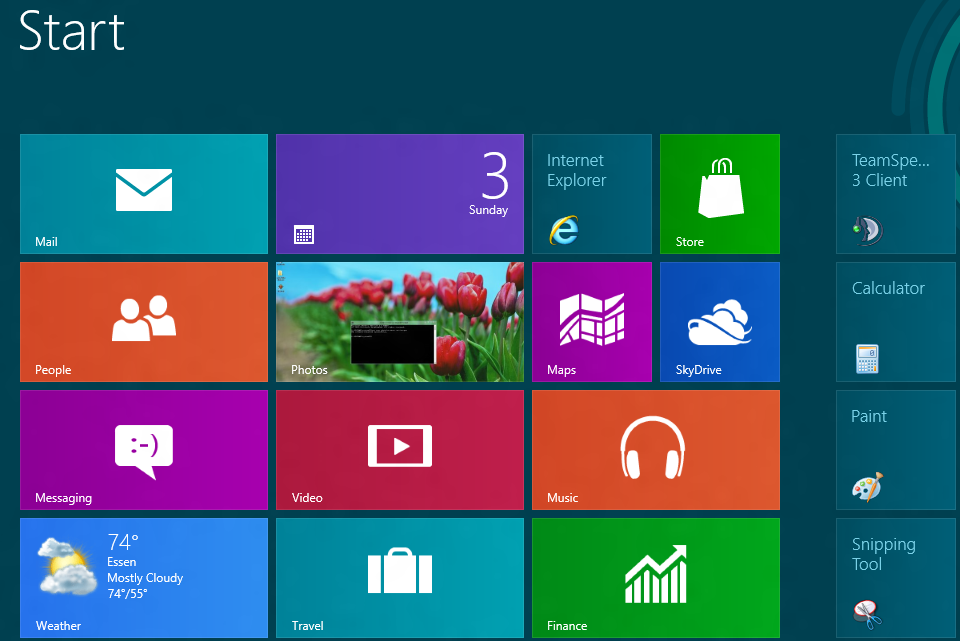
Microsoft should follow Apple's lead and ditch the disc in Windows 8
Microsoft plans to simplify Windows 8 sales by eliminating the full version of the operating system and focusing on upgrade and "system builder" editions. The change likely means that Windows 8 will be cheaper by and large to obtain the most consumers.
Pundits Paul Thurrott and Mary Jo Foley spoke of the move, citing sources on their weekly Internet radio show "Windows Weekly". The move follows another from April where the company announced Windows 8 would only be available in standard and Pro editions, aimed at making the purchasing process much easier.
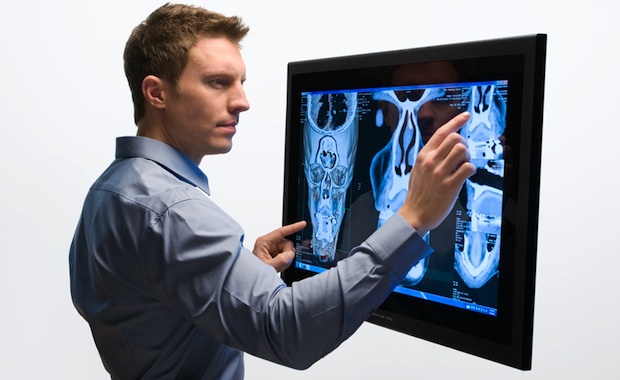
Microsoft learns from Apple -- hardware creates innovation, software doesn't
Earlier this week, Microsoft bought Perceptive Pixel, a touchscreen development company. Many people see this as Microsoft's commitment to the Surface tablet, the Windows 8 operating system and idea that touchscreen technology will play a much bigger role in the near future.
Currently, Perceptive Pixel has three different models featuring 27-inch, 55-inch and 82-inch touchscreens, and while that certainly is a long way from the 7-inch Surface tablet, it could very well mean that part of the company's technology finds its way into a second-generation tablet or a refresh of the first. The acquisition could have an even larger effect than that. Big changes are afoot.
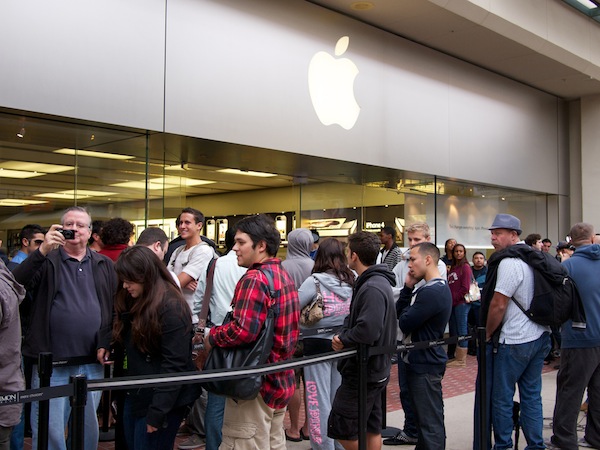
I won’t boycott Apple
My colleague Joe Wilcox certainly created a storm when he declared his independence from Apple on July 4th. Annoyed by what he saw as the fruit company’s aggressive patent bullying, which he believes "thwarts competition and takes away consumer choice", he sold his remaining Apple devices, and now refuses to touch anything the company makes.
He’s not alone. The #boycottapple hashtag has gained a fair amount of traction on Google+, Reddit and Twitter and many, many words have been written on the subject. Read Joe’s articles if you need more background.

The PC is a dead parrot
Second-quarter PC shipments are grim. They're flat globally, but down 5.7 percent or 10.6 percent in the United States, depending on whether Gartner or IDC counts the numbers. IDC puts Mac shipments down for the first time in years (Gartner disagrees). When the malaise hits Macs, Cupertino, we have a problem.
Is it the calm before the big sales storm or the new normal, as consumers and businesses snap up smartphones and tablets? There's no easy answer until Apple and Microsoft ship new operating systems. Likely, it's combination of both, as manufacturers buttress against the slowest sales quarter of the year by cutting back channel inventory and preparing for dramatic changes in computing purchase priorities. The one certainly: The quarter sucked spoiled eggs cooked over-easy.
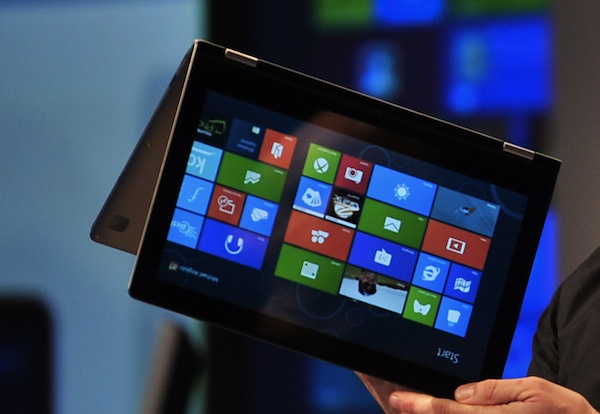
Windows 8 Metro is pointless for the enterprise
Yesterday Betanews published an interesting piece looking at how successful (or not) Windows 8 will be in the enterprise market. One of the areas it questioned was just how well the Metro UI would go down with end users in the workplace.
This reminded me of a concept that seems to have been much forgotten since we all fell in love with the touch screen. It is called Gorilla Arm. The term was coined over 30 years ago by engineers looking for a way to describe how users actually interact with vertical touchscreens in the real world. Basically users arms get sore and heavy when using these types of interface for extended periods of time. It is not a new phenomenon, far from it, and has been backed up by numerous interface and usability researchers for decades. Try it yourself now whilst sitting at your desk. Reach out and stab at your monitor. Then keep doing it. After a period of time your arms will feel like a gorilla's. So how is the Metro UI going to cut it with enterprise audiences?

Jelly Bean gives clues to Google Glass future
Two weeks ago during I/O, Google made many announcements, with Android 4.1, or Jelly Bean, among them. But there was more: Nexus 7 tablet, media-streaming sphere, new Google+ features, some updates to the Google Maps app, and Glass, Google’s idea for "smartglasses".
All these different products may make Google seem scatter-brained, but I think Project Glass accounts for many of the Android updates. Glass is clearly important to Google. Cofounder Sergey Brin says that he spends about 50 percent of his time on Project Glass. Google also went way out on a limb last April when releasing this concept video for a product, when at the time, they said they had no plans for bringing Glass to production, and they still have no clear plan today.
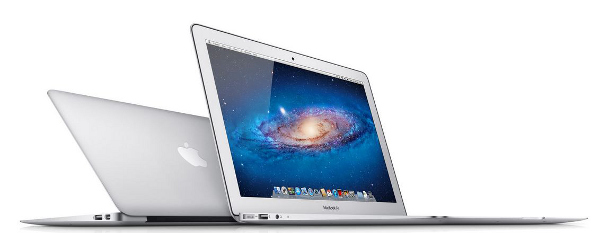
The things you must know about Apple becoming 'less green'
This week, the Green Electronics Council announced that Apple will no longer submit any of its products to EPEAT, the Electronic Product Environmental Assessment Tool, for environmental rating, removing all of its products from the standardized green ratings system used by all US federal agencies.
Naturally, the subject of Apple rejecting compliance with anyone would generate a lot of discussion. However, there are some major pieces of information that get lost in the shuffle of news and the rush toward instant partisanship and polarization to sell a story. Below, we'll look at some of the basics of the story without dipping too far into the horribly overplayed "Apple vs. The World" trope that populates the Web.
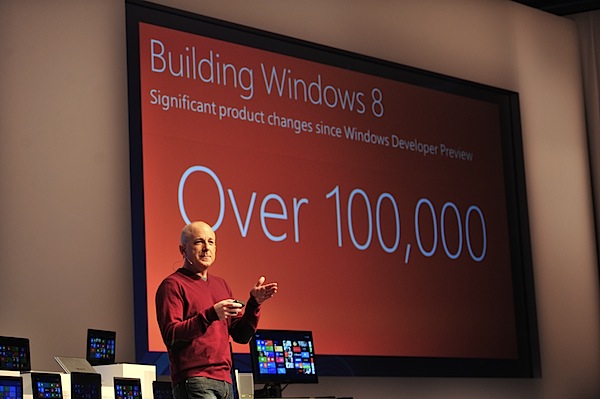
Windows 8 will be the new Vista?
What should business expect from Windows 8? Do they even want it? Do IT decision-makers believe the OS will provide them with additional features that will improve their business operations? We can’t fully know the answer until Windows 8 launches in October, although more will be revealed when volume-license subscribers get access to the software early next month.
For now, here is what we do know: Version 8 is a sharp break from the existing Windows brand of operating systems. That brand has been around since the DOS-days. Microsoft is striking out in new ways that will push the OS technology in new directions. Many businesses won't want to follow.
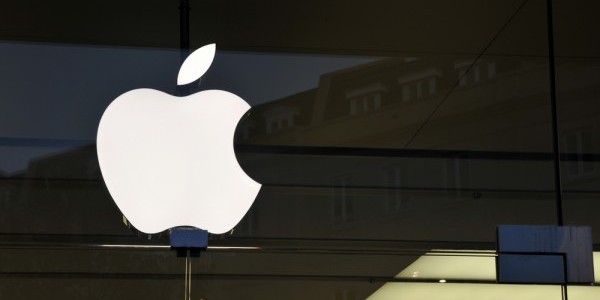
Should you boycott Apple?
What's right for me might not be for you.
On July 4th, I declared independence from Apple, weeks after pledging to boycott the company's products. The independence story is among my post popular posts (based on pageviews), and it's most-Liked and most-commented. I inadvertently tapped into some surprisingly strong emotions about the fruit-logo company and unmeaningly joined the boycott Apple movement. Looks like I'm not the only person mad about recent patent bullying, although other boycotters add more complaints.
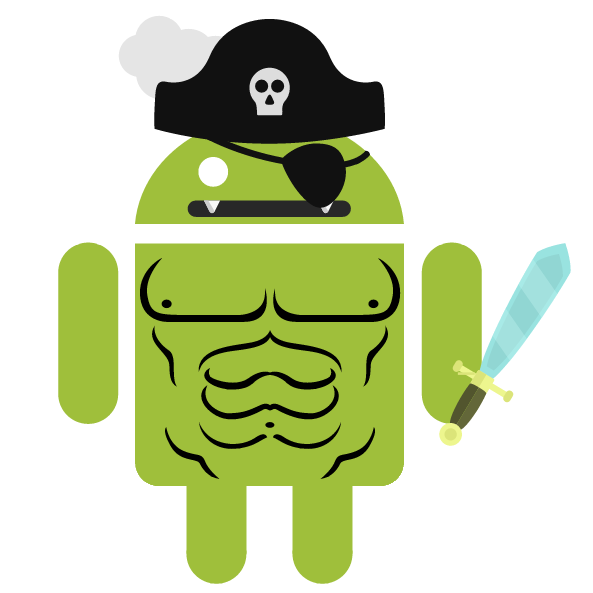
Piracy is killing Android
It sounds like a silly question. After all, Android is more popular than ever, with new “hero” phones and tablets arriving almost every week. However, for all of the platform’s success, there’s one aspect that remains a lingering blight on Google’s otherwise shiny success story: Software piracy.
Simply put, the rampant piracy of apps on “rooted” Android devices is killing developer momentum, with many devs resorting to unpopular and often intrusive in-app advertising and other gimmicks to make up for the gap in traditional Google Play revenue. And with the Android enthusiast community seemingly obsessed with “rooting” every new device that comes to market -- thus making it easier for unscrupulous users to pirate apps and/or bypass normal app security mechanisms -- the problem only gets worse.

Google TV will not fail again
It took just about six months for the first generation of Google TV to be declared a failure. Logitech launched its Revue set top box in October 2010, and by July 2011, they couldn't even give them away. The company subsequently took a $30 million writedown on the venture, and Intel, who provided chips for Google TV, quietly divorced itself from the product.
Google aligned with Marvell, switching the platform over to the ARM instruction set, which fundamentally shifted the architecture and splintered development.
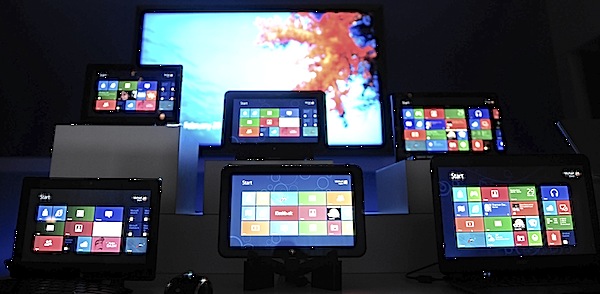
Will you buy Windows 8?
I told you so back in February that Windows 8 would debut in October -- not that it was rocket science to me. Nevertheless I wrote: "Windows 8 must RTM by end of August to make October launch, which is best timeframe assuring the channel is stocked for Black Friday". Today, Microsoft revealed that its next-generation operating system would release to manufacturing in early August and be available at retail in October.
Microsoft's timing is sheer brilliance. We already know that Surface tablets will ship simultaneously with Windows 8, and OEMs have shown off a boatload of new models coming for the holidays. Apple plans to release OS X Mountain Lion this month, perhaps in days. Anyone considering a shiny new Mac suddenly has reason to wait. Will Surface or Windows 8 slates be worth the wait? Mountain Lion's user interface is oh-so yesterday, while Windows 8 Metro is oh-so tomorrow -- well, for anyone who actually likes it. Now that we know when, it's time to ask if you will buy. That's a question you can answer in comments and the poll below the fold.

IT isn't powerless against the death squads of corporate America
About 10 weeks ago, I wrote a six-part series of columns on troubles at IBM that was read by more than three million people. Months later I’m still getting ripples of response to those columns, which I followed with a couple updates. There is a very high level of pain in these responses that tells me I should do a better job of explaining the dynamics of the underlying issues not only for IBM but for IT in general in the USA. It comes down to class warfare.
Warfare, to be clear, isn’t genocide. There are IT people who would have me believe that they are complete victims, powerless against the death squads of corporate America. But that’s not the way it is. There’s plenty of power and plenty of bad will and plenty of ignorance to go around on all sides here. Generally speaking, though, the topic is complex enough that it needs real explaining -- explaining we’re unlikely to get elsewhere in an election year dominated by sound bites.
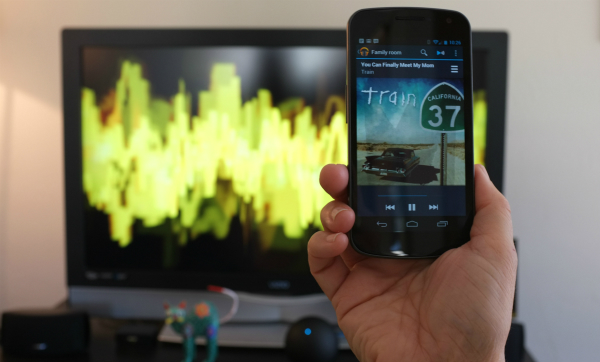
Nexus Q first-impressions review
Google's first consumer electronics device is a baffling beast. Its industrial design shames Apple TV, Roku and other cloud-connected set-top devices, while the user interface will confuse some people accustomed to a single remote to scan content on the big screen. Nexus Q is all about the cloud and smartphone. The TV's role is viewing, and little more. Price is another matter -- $299, same as Apple TV at launch more than five years ago. But that device sells for $99 today, and, granted, offers far fewer options to delight videophiles and audiophiles.
Nexus Q's promise: Your content anytime and anywhere there is a cloud connection -- and your friends' and families', too. Google calls the device the "first social streaming media player", and there's truth in the claim. But many of the basic streaming and control functions can be achieved simply by connecting your smartphone to the television. If you're going to use the handset as remote anyway, you could just as easily use it as source. That said, Nexus Q is delightful and its concepts represent a leap forward for media player industrial and user-interface design.
